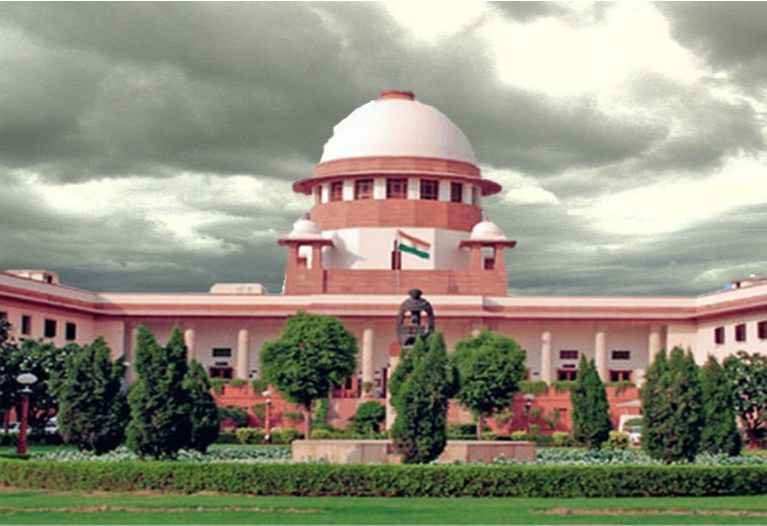The Vice President of India
The office of the Vice President of India is modelled on the American pattern. The Vice President office is a unique feature of our executive system at the Centre. There is no such office in other Parliamentary executives for example in England, in the Dominions, or Ireland. The only democracies that provide for such an […]
The Vice President of India Read More »









